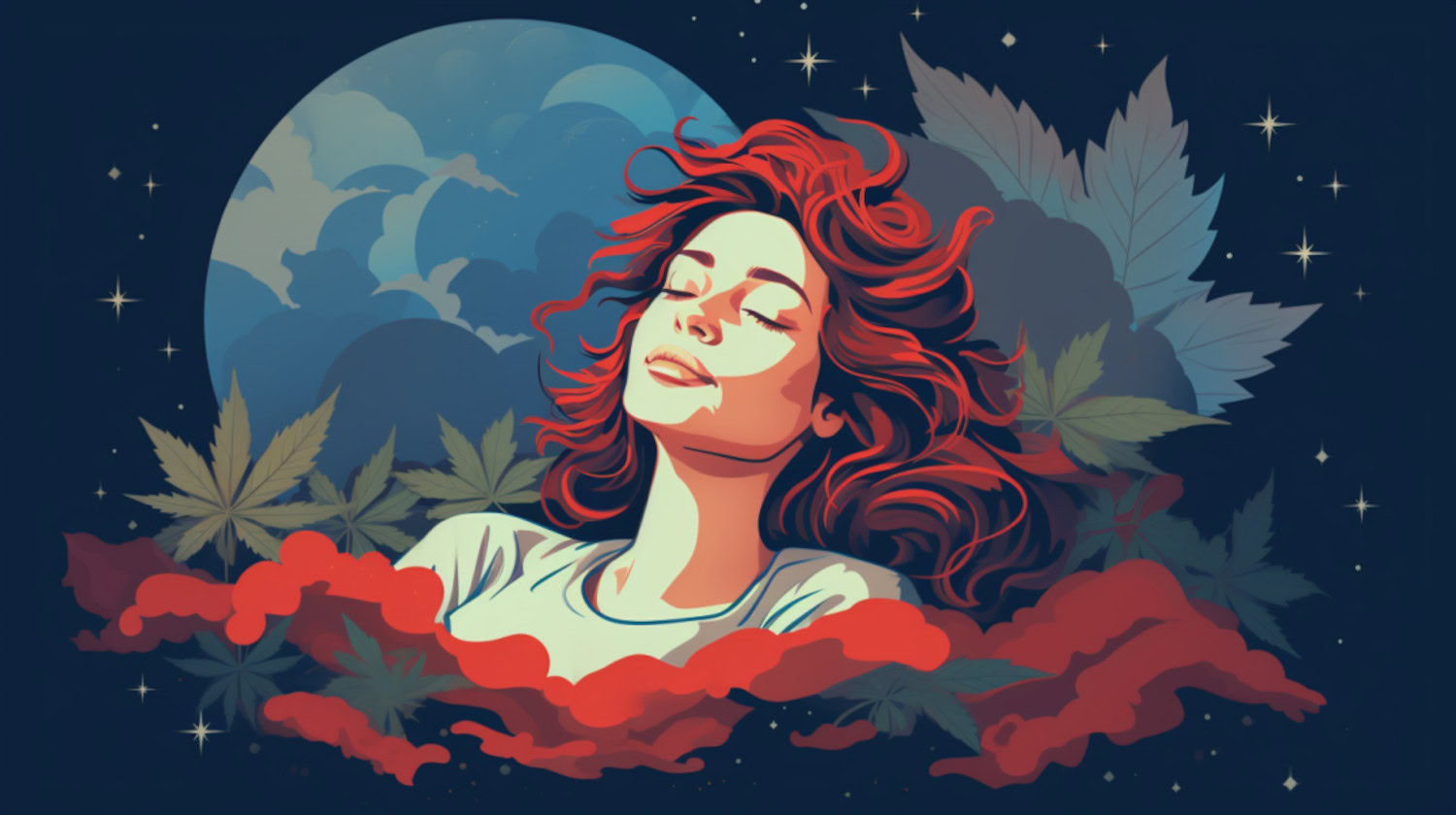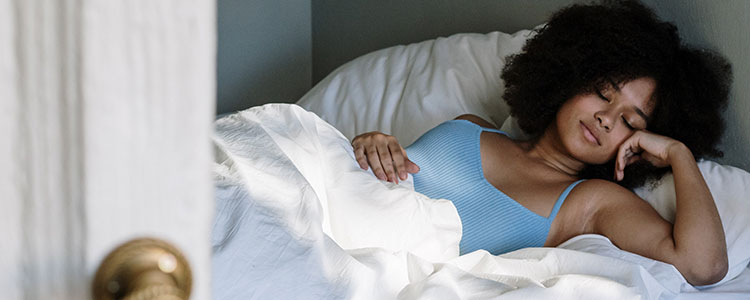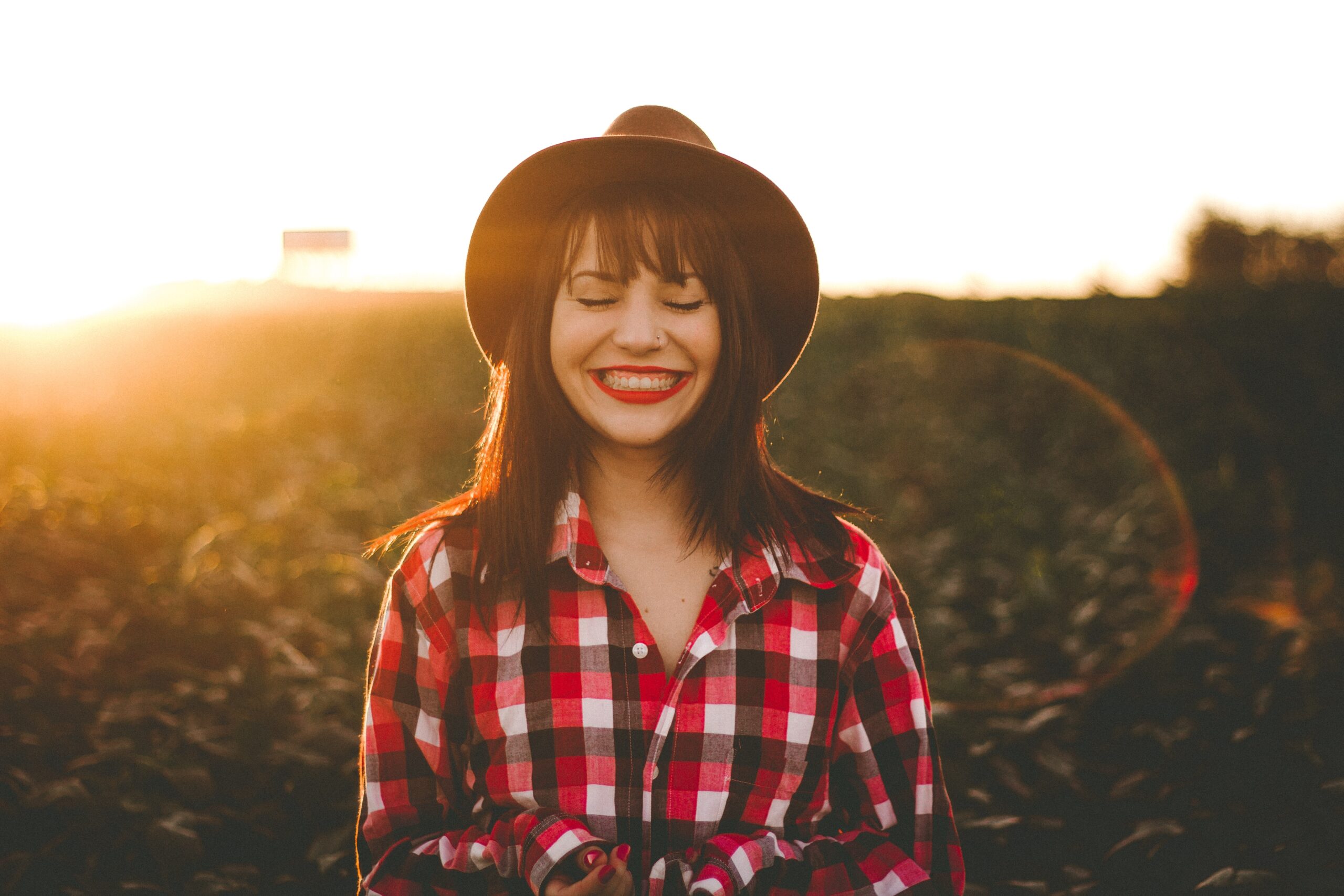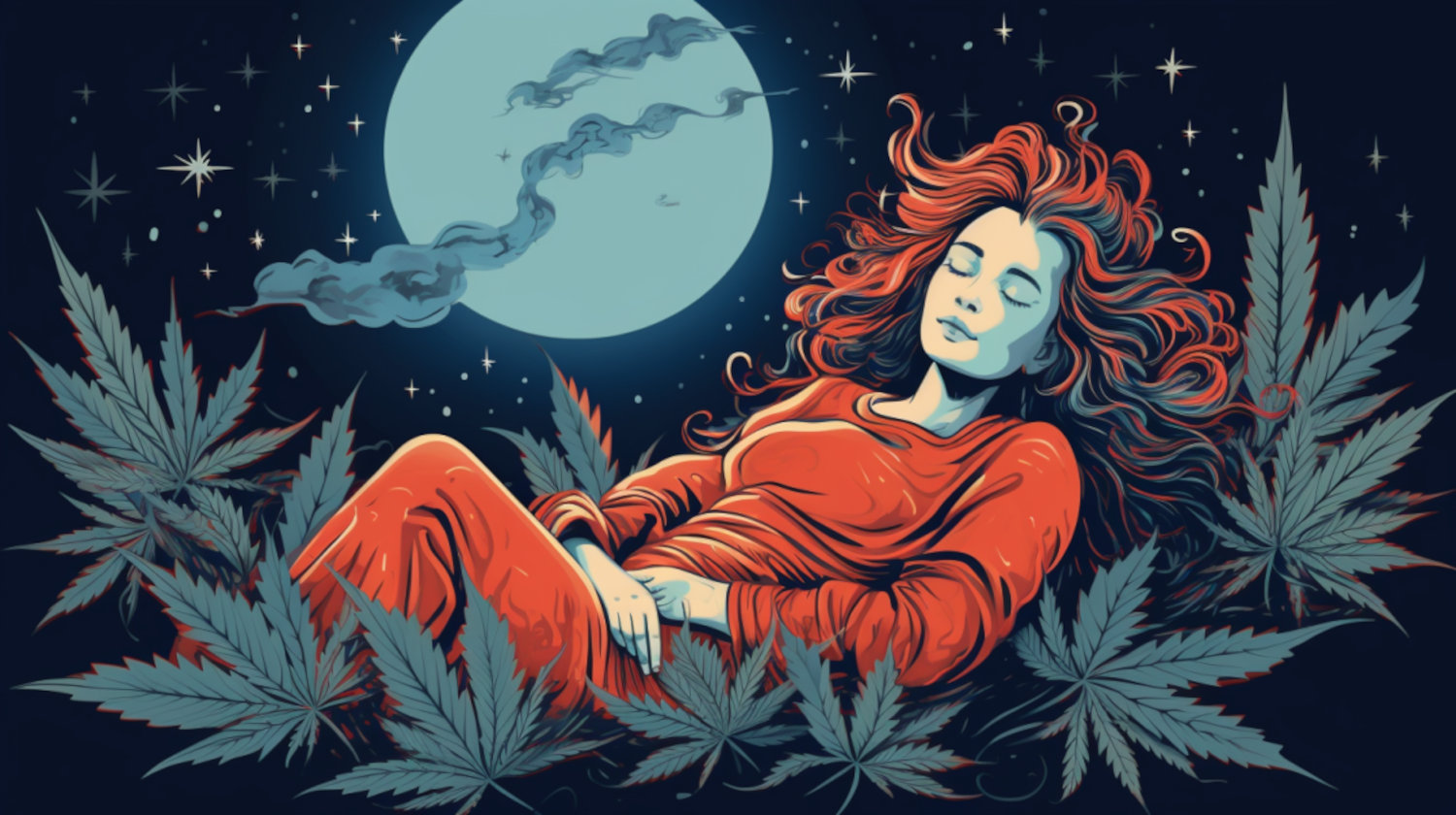If you struggle to fall asleep, you’re not alone. According to the CDC, 14.5% of U.S. adults have difficulty falling asleep most days. Given the prevalence of sleep difficulties, it’s no surprise that in 2020, the CDC found that 8.4% of American adults took some form of sleep medication.
Melatonin is a hormone naturally produced by the brain that helps regulate sleep-wake cycles. It works by utilizing the body’s biological mechanisms to bring about sleep.
Cannabis is another substance some individuals report using to support sleep. Due to the popularity of both melatonin and cannabis, some may wonder if they can be combined safely.
What is Melatonin?

Melatonin is a hormone that is naturally produced by the brain. It plays a crucial role in maintaining the body’s sleep cycles. When it gets dark, the body increases the natural production of melatonin to induce sleep. In the morning, once the eyes begin to detect light, the body slows down its production of melatonin. This signals the body to wake up.
While the body produces its own melatonin, it doesn’t always make enough to facilitate sleep consistently and successfully. Individuals who struggle to fall asleep might consider taking melatonin supplements. These supplements increase melatonin levels, which may help signal the body that it’s time to rest.
Some people use melatonin to support sleep during certain circumstances, such as:
- Insomnia
- Jet lag
- Traumatic brain injury
- Neurological and neurodegenerative disorders
- Trouble sleeping related to working late or night shifts
Combining Cannabis and Melatonin: What the Latest Research Says

There is little research on combining THC and melatonin.
The most significant risk associated with using this combination is experiencing excessive drowsiness or feeling tired beyond the point of waking up in the morning. However, more severe side effects could also occur.
The intended effect of combining cannabis and melatonin is often to promote drowsiness. Some users report stronger drowsiness when combining melatonin and cannabis, but effects vary by individual, and more research is needed.
Some products marketed for sleep troubles combine cannabinoids, often hemp-derived CBD, with melatonin. However, because the level of drowsiness can be unpredictable, it is generally recommended to speak with a doctor if you're considering combining the two. Additionally, consumers should avoid driving or using heavy machinery if using melatonin with CBD, THC, or other cannabinoids.
Combining CBD and Melatonin: What the Latest Research Says

There isn’t much clinical research exploring how CBD and melatonin interact, but a few studies offer early insights.
One lab study using rat pineal glands found that cannabinoids like CBD may reduce the activity of an enzyme (AANAT) involved in producing melatonin.1 This suggests that CBD could potentially interfere with the body’s natural melatonin production. However, this research was conducted on cells, not people, so its real-world relevance remains unclear.
Potential Effects Overlap
What we do know is that both melatonin and CBD may cause drowsiness. Taking them together might increase feelings of sleepiness or fatigue. However, beyond anecdotal reports, researchers have yet to confirm how the two compounds interact in the human body.
That said, a 2022 study on 20 people with sleep disorders and anxiety found promising results.2 Participants took a sublingual blend of CBD and melatonin nightly for three months. The researchers concluded that the combination may support relaxation and potentially influence pain perception and circadian rhythm. While the sample size was small, the findings suggest that CBD and melatonin might work together to support sleep, especially in people with anxiety-related sleep issues.
Still, more large-scale studies are needed to confirm these effects and determine who might benefit most.
Possible Increased Side Effects
As with any supplement combination, there are risks to consider. According to Harvard Medical School, CBD is generally well tolerated. Even still, side effects like drowsiness, dry mouth, diarrhea, and, in rare cases, liver issues may occur. Taking CBD with other substances that also cause sedation, such as melatonin, may increase drowsiness or lead to other unwanted effects.3
Currently, there are no well-documented harmful interactions between CBD and melatonin. However, products that combine the two are not FDA-approved and should be used with caution.
Because everyone responds to supplements differently, it’s important to talk to a healthcare provider before combining CBD and melatonin, especially if you have liver issues or are taking other medications.
Are You Considering Using Cannabis and Melatonin?
Combining cannabis with any substance or medication carries its own risks. Cannabis research is still in its earliest stages, and there is a lot that researchers still don't know. That leaves the door open for unexpected interactions with other substances. If you are considering combining cannabis with any other substance or medication, speak to your doctor for proper medical guidance.
Likewise, stopping the use of a prescribed medication can lead to unintended consequences. Many medications take time to build up in the body. Stopping suddenly can cause unpleasant and potentially serious or even fatal side effects. If you'd like to stop using or replace a medication, you need to follow the guidance of your medical provider to make any approved adjustments safely.
References
- Koch M, Dehghani F, Habazettl I, Schomerus C, Korf HW. Cannabinoids attenuate norepinephrine-induced melatonin biosynthesis in the rat pineal gland by reducing arylalkylamine N-acetyltransferase activity without involvement of cannabinoid receptors. Journal of Neurochemistry. 2006;98(1):267-278. doi:https://doi.org/10.1111/j.1471-4159.2006.03873.x ↩︎
- Palmieri G, Vadalà M, Corazzari V, Palmieri B. Insomnia treatment: a new multitasking natural compound based on melatonin and cannabis extracts. La Clinica Terapeutica. 2022;173(1):91-96. doi:https://doi.org/10.7417/CT.2022.2399 ↩︎
- Blessing EM, Steenkamp MM, Manzanares J, Marmar CR. Cannabidiol as a Potential Treatment for Anxiety Disorders. Neurotherapeutics. 2015;12(4):825-836. doi:https://doi.org/10.1007/s13311-015-0387-1 ↩︎
The information in this article and any included images or charts are for educational purposes only. This information is neither a substitute for, nor does it replace, professional legal advice or medical advice, diagnosis, or treatment. If you have any concerns or questions about laws, regulations, or your health, you should always consult with an attorney, physician or other licensed professional.




